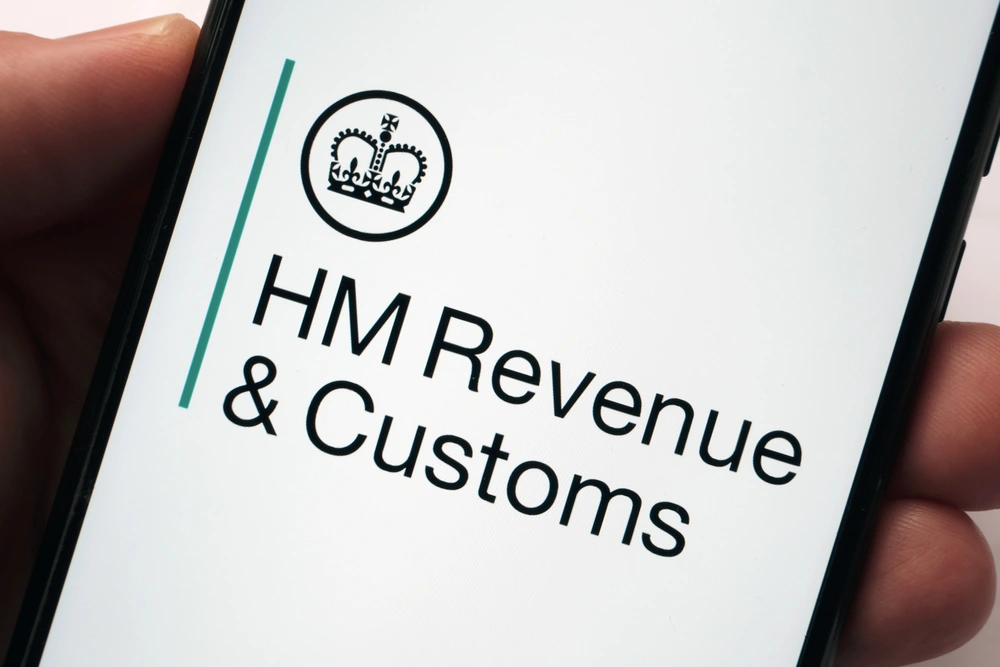House chain – it’s a term that makes most property buyers and sellers wince.
If something goes wrong with your chain, it can hold up the sale, leading to inconvenience and added expense. And in the worst case, it can force you to walk away from a property you love altogether.
So, what happens if your chain gets held up or collapses? Find out here.
What is a house chain?
First things first, let’s explain what a property chain is. Basically, it’s a series of different property sales and purchases, each one linked to the next, with yours at the centre. Check out our example below:
A) Buyer purchasing your buyer’s house
B) Buyer purchasing your house and selling theirs
C) You
D) Seller of house you’re buying
E) Seller of house your seller is buying

How does it work?
Your hope is that you’ll find a buyer for your existing home and a property you want to buy around the same time, and that the sale of your current home and purchase of your future one will also complete around the same time. But unfortunately, it doesn’t all depend on you.
As well as the sale and purchase that directly affects you, you also have to consider the sale and purchase that affects the seller of the home you’re buying, and the seller of the home they’re buying. Plus, you need to think about the other end of the chain that starts with the person buying your home and works backwards.
"I’m in chains"
The length of your particular chain will depend on how many of these sales and purchases are included. Typically, it will start with someone who’s buying a property but not selling one and end with someone who’s selling but not buying – perhaps because they inherited the property or they’re moving to rented accommodation.
Slow down
If there’s one thing we can say for certain it’s that nothing about house chains is certain. It doesn’t take much to hold up the whole chain, and your ideal move-in date could soon become a distant memory.
Let’s say that Person D in the example above – the seller you’re buying your new home from – has accepted your offer but hasn’t yet made an offer of their own. They don’t want to complete their sale and move out before they’ve found somewhere to buy, and you’re forced to wait while they look.
Or, maybe the person buying your home (B) has been unable to find a buyer for their home. If they’re relying on the money they’ll get from this sale to fund the purchase of your property, it may mean that they’re unable to exchange contracts with you and agree on a move-in date.
Until all parts of the chain are progressing, you may find you have a wait on your hands. If this wait turns out to be longer than you expected, you may even consider dropping out of one end of it.
Don’t forget: Your mortgage offer won’t last forever. If a hold-up in your chain means it’s in danger of expiring, find out what you can do here.

Collapse
There are lots of reasons that a property chain could collapse. A seller may take their property off the market; a buyer may lower their offer at the last minute (known as gazundering); a survey may turn up a fault with a property that causes the buyer to withdraw their offer; a solicitor may go on holiday and take longer than expected to go through the paperwork – the list is endless.
Unfortunately, whatever the cause, the outcome is likely to be the same – the collapse of your chain.
This hold-up will last until the broken link can be fixed. This means you may need to choose whether to be flexible or to walk away.

What can I do?
As we said, it is possible to fix a broken house chain, but you will need to be flexible. Let’s say that the property you were buying has been taken off the market by the seller – you can choose whether to start looking for another one right away so you don’t lose your buyer or to walk away.
If you start looking, you may be able to fix the chain by making an offer on a new property and starting the buying process again.
But remember, your buyer will need to be flexible too, as they’ll most likely have a longer wait before they can move in. Another option is to move into rented accommodation until you find a new property to buy.
" I can still hear you saying you would never break the chain."
Or maybe it’s your buyer you’ve lost. If you’re desperate not to lose the property you’ve put an offer on, you could try and find a new buyer quickly by lowering the asking price if you can afford to do so. Alternatively, you could use a bridging loan.
Ultimately, it will all depend on your own circumstances. If your chain collapses, take the time to think carefully about the best course of action for you, your family and your finances.
Waiting for your chain to be fixed could be inconvenient and may cost you more than you originally planned, but starting again could mean forking out for new surveys, searches and other expenses.

Stay chain-free
We’re afraid we don’t have the secret to staying chain-free, because there’s no guarantee that you can. However, there are ways that you can reduce the chances of getting caught up in an impossible chain.
First of all, it’s not your job to keep the chain moving. It’s up to your solicitor to sort the paperwork in a timely manner, and your estate agent to nudge the people who are holding the chain up. This can keep everything moving.
It’s also important that you’re as organised as you can be. Make sure you’ve worked out how much you need to borrow and checked you can afford this and are likely to be accepted by a mortgage lender. Remember you’ll also need the money for your deposit at the point of exchange.
Sign and find witnesses for all your paperwork as quickly as possible so you can get it back to your solicitor or conveyancer swiftly. Make clear that you have a preferred move-in date and that you’ll consider walking away if this can’t be met – this may help to hurry up the other parts of your chain.
Disclaimer: We make every effort to ensure that content is correct at the time of publication. Please note that information published on this website does not constitute financial advice, and we aren’t responsible for the content of any external sites.








